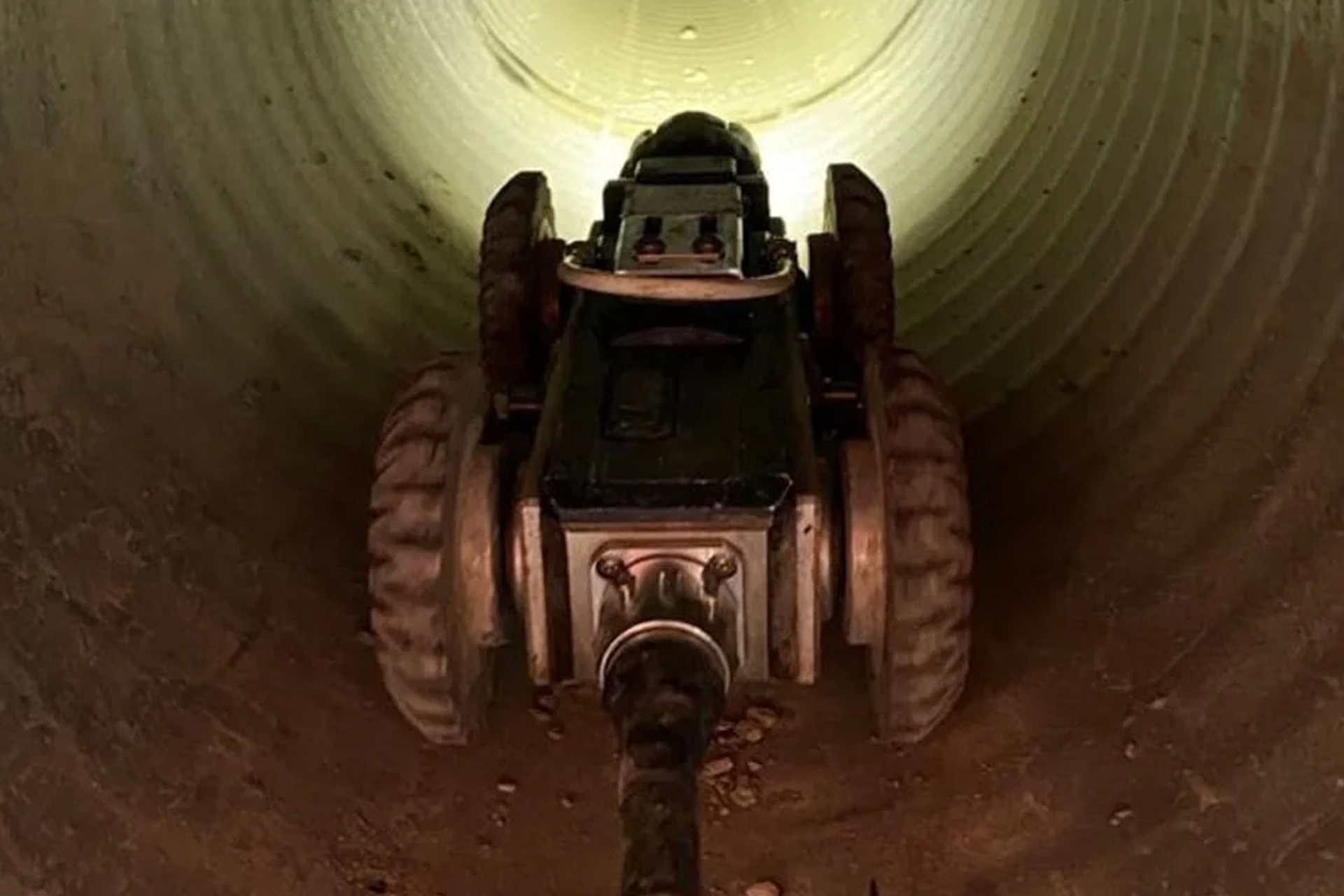The Greatest Guide To Reclaim Waste
The Greatest Guide To Reclaim Waste
Blog Article
How Reclaim Waste can Save You Time, Stress, and Money.
Table of ContentsNot known Factual Statements About Reclaim Waste Some Of Reclaim WasteReclaim Waste for DummiesThe 3-Minute Rule for Reclaim WasteThe 3-Minute Rule for Reclaim Waste
Domestic sewage waste refers to the waste and products from a household septic container. The correct administration and disposal of domestic sewage waste need fluid waste to be transferred to a sewer therapy plant where the correct techniques and tools are applied to cleanse and dispose of waste.
Business waste usually includes prospective risks, such as combustible products or a mixture of fluid and solid waste items, and calls for an advanced and in-depth disposal process. The disposal of commercial waste commonly involves the purification of waste before transportation to make sure safe and proper disposal. Industrial waste is created from results and drainage of commercial processes and manufacturing.
This sort of waste can not use the same sewer administration transport or procedures as septic or commercial fluids. The commercial waste management process needs the assessment and testing of liquid waste prior to it goes through the disposal process (liquid waste removal melbourne). Overflow waste is the fluid waste that originates from runoff and excess stormwater in highly booming areas or cities
Drainage waste can create contamination and flooding if not handled properly. Guaranteeing correct waste administration can protect against catastrophes and lower ecological injury.
Little Known Questions About Reclaim Waste.
Get in touch with PROS Providers today to discover our waste administration and disposal solutions and the correct means to take care of the liquid waste you generate.
(https://ameblo.jp/reclaimwaste1/entry-12874802223.html)Do you know what takes place to your water when you end, flush the bathroom or drain the washing equipment? No? Well, it's worth understanding. This supposed 'wastewater' is not just an important resource however, after treatment, will certainly be released to our land, rivers or the ocean. Made use of water from bathrooms, showers, bathrooms, cooking area sinks, washings and commercial procedures is referred to as wastewater.

water made use of to cool down machinery or clean plant and tools). Stormwater, a type of wastewater, is runoff that moves from farming and city areas such as roof coverings, parks, gardens, roads, courses and seamless gutters into stormwater drains, after rainfall. Stormwater streams neglected straight to local creeks or rivers, ultimately getting to the ocean.
Reclaim Waste - The Facts
In Queensland, many wastewater is treated at sewage therapy plants. Wastewater is transferred from domestic or industrial websites with a system of drains and pump terminals, referred to as sewage reticulation, to a sewage treatment plant. Regional governments construct, preserve and operate most sewage therapy plants. Operators are certified under the Environmental Management Act 1994 to release treated wastewater at an acceptable environmental criterion into waterways.
The Division of Natural Resources recommends regional governments concerning managing, operating and maintaining sewerage systems and treatment plants. In unsewered areas, city governments might require homeowners to mount individual or house sewage treatment systems to treat residential wastewater from toilets, cooking areas, shower rooms and washings. The Division of Natural Resources authorizes the usage of home systems when they are verified to be reliable.
In some brand-new neighborhoods, treatment of some stormwater to eliminate trash, sand and crushed rock has begun utilizing gross pollutant catches. Wastewater treatment happens in four stages: Gets rid of strong issue.
Wastewater then flows into large containers where solids work out and are gotten rid of as sludge. Grease and scum are skimmed from the surface. Utilizes little living organisms called micro-organisms to break down and get rid of continuing to be liquified wastes and great fragments. Micro-organisms and wastes are integrated in the sludge. Gets rid of nitrogen and phosphorus nutrients that could trigger algal blooms here in our waterways and endanger marine life.
Reclaim Waste Fundamentals Explained
Nutrient removal is not available at all sewage treatment plants due to the fact that it calls for costly specialist tools. Clear liquid effluent produced after treatment might still consist of disease-causing micro-organisms - liquid waste disposal.

This generally implies wastewater needs to be treated or contaminants eliminated before it can be released to waterways. Most wastewater streams into the sewage system. Under the Act, city governments provide approvals and permits for eco appropriate tasks (Ages) involving wastewater releases that may have a neighborhood effect. The division carries out authorizations and permits to Ages including wastewater releases that might have a local or statewide effect.
Not known Incorrect Statements About Reclaim Waste
Surveillance offers valid info concerning water high quality and can validate that permit conditions are being satisfied. The details gotten with surveillance offers the basis for making water top quality choices.
Report this page